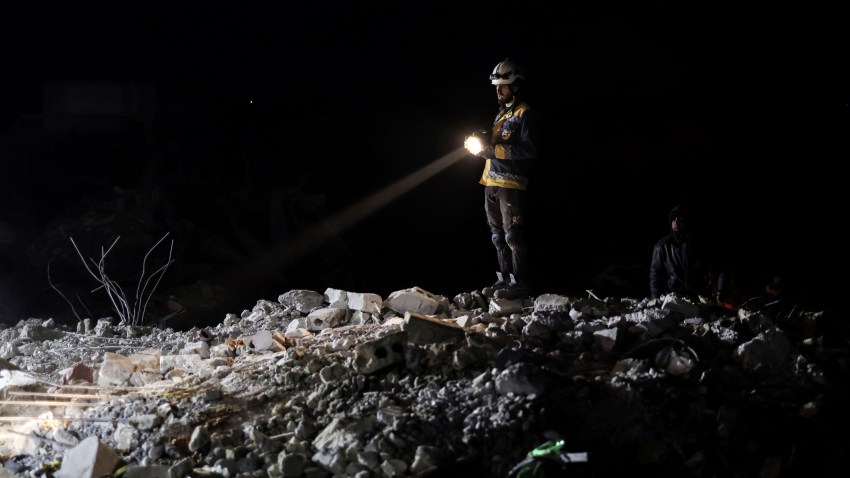In the first hours of a catastrophe, chaos can overwhelm any society. That was the case for millions of people in Turkey and Syria on the morning of Feb. 6, when a huge earthquake suddenly devastated everything that was familiar. With infrastructure torn apart and public services in disarray, the frantic search for survivors began with limited resources in place.
Yet within 48 hours of the first tremor, as the world rushed to get rescue teams and aid to hard-hit communities, the ability of both countries’ governments to fulfil core obligations toward their citizens quickly came under intense scrutiny. When confronted with war or natural disasters, a society can only protect survivors if it has the state capacity and social networks to organize an effective civil defense effort. Even help from external states and NGOs will struggle to make an impact without local structures that can direct international assistance to where it is most needed.
Any sign that state institutions are no longer able to meet the population’s basic needs during such moments of peril can open space for political movements or local elites to challenge their legitimacy. A government’s ability to get civil defense personnel, equipment and aid on the scene quickly can therefore be crucial to avoiding the societal destabilization that can follow such moments of profound collective trauma.

